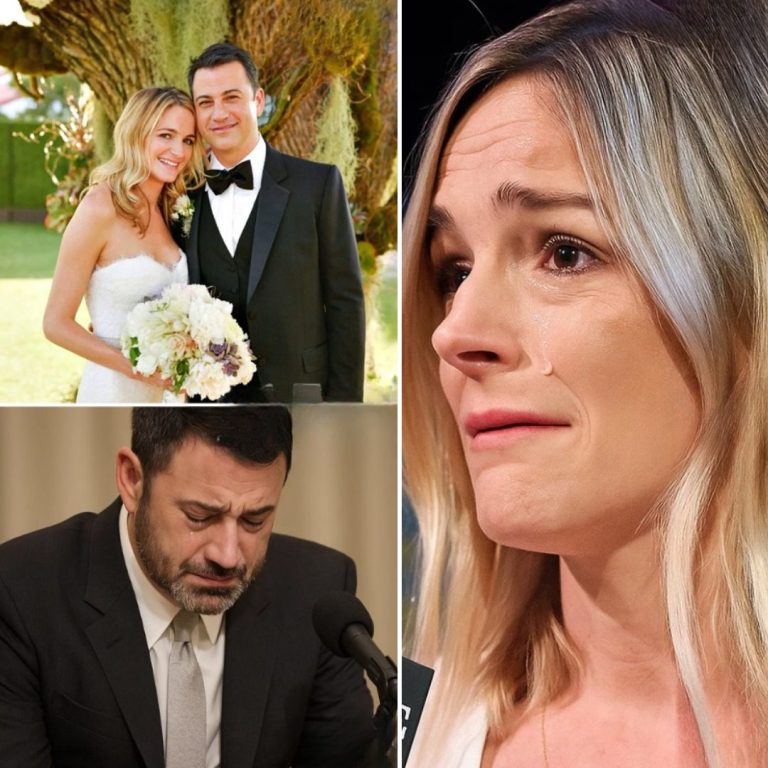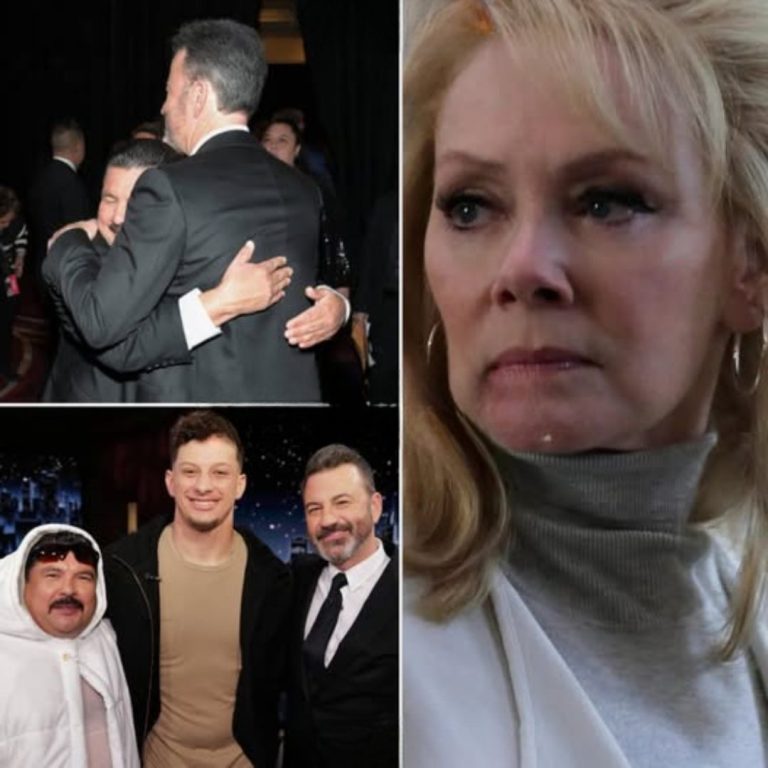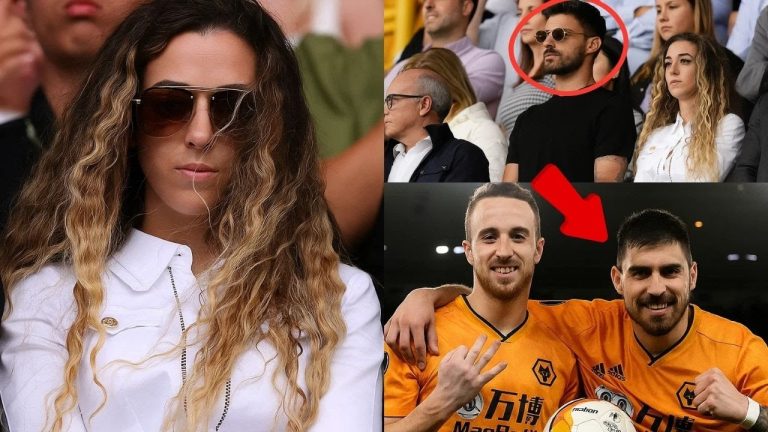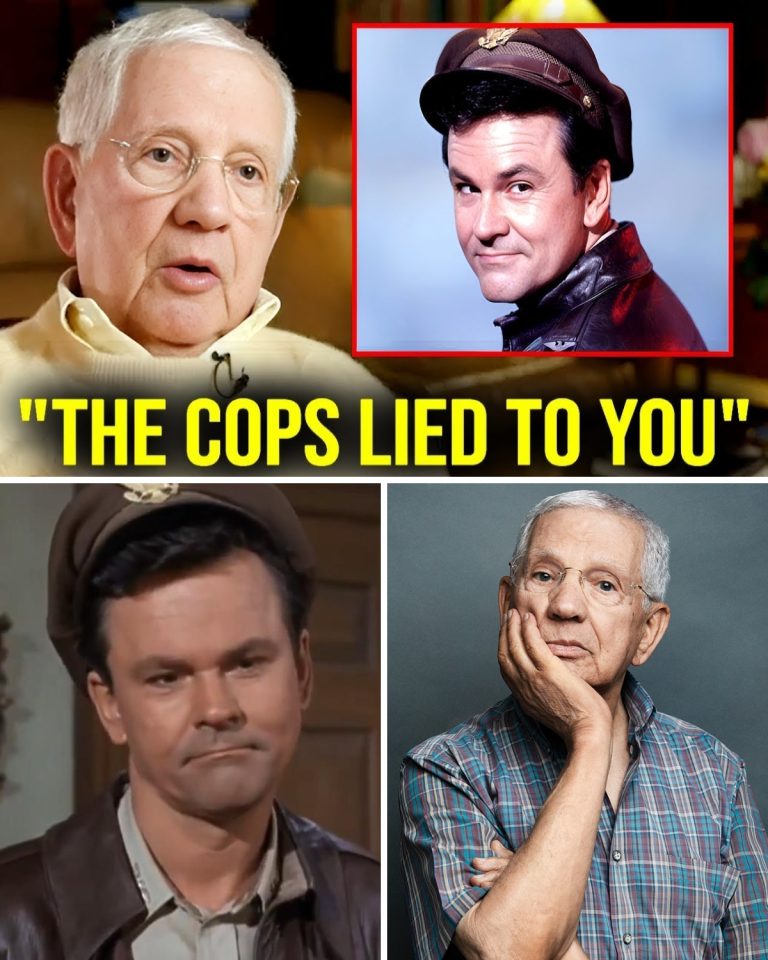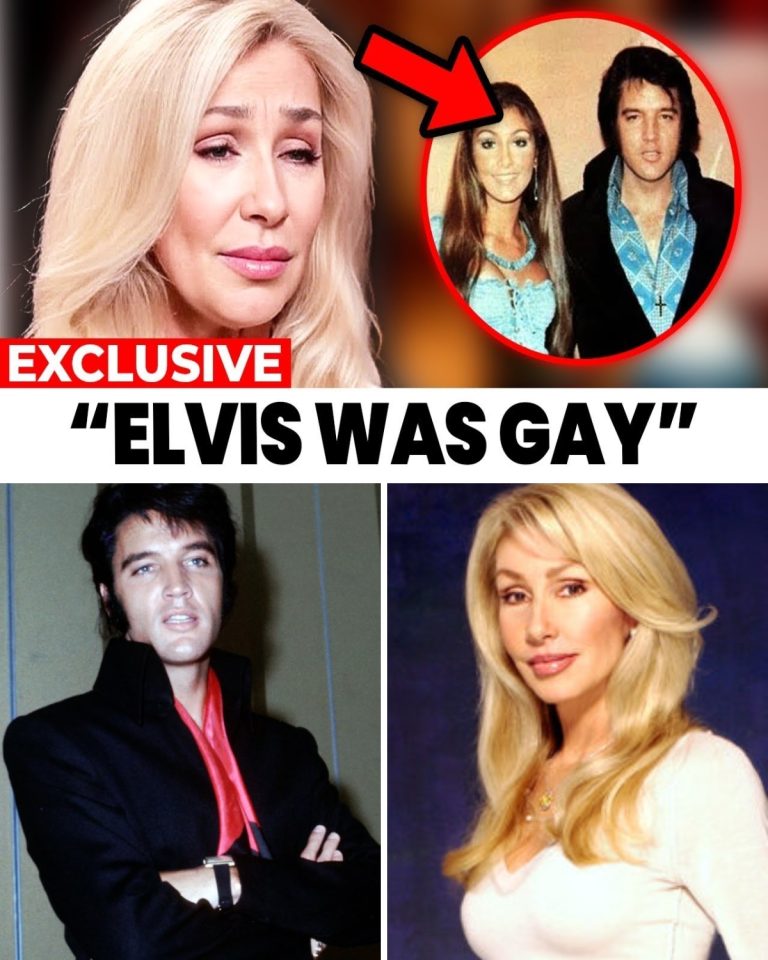In the glittering underbelly of Hollywood, where spotlights flicker like fireflies on the edge of extinction, few moments feel as scripted as the unscripted. Jimmy Kimmel, the sharp-tongued maestro of midnight monologues, has always danced on the razor’s edge of satire and scandal. But when ABC yanked Jimmy Kimmel Live! off the air indefinitely last week – a seismic jolt that rippled from Burbank studios to the corridors of power in Washington – it wasn’t just the end of an era. It was the punchline to a joke Kimmel himself had been whispering for years.
Picture this: It’s a balmy February afternoon in 2024, and Kimmel is lounging in a sun-drenched interview room at the Los Angeles Times, his trademark smirk half-hidden behind a cup of black coffee. The conversation meanders from the absurdities of awards season to the relentless grind of late-night TV. Then, almost casually, he drops the bomb: “I think this is my last contract. I hate to say it, because everyone’s going to laugh at me – every time I think that, it doesn’t come true. I’ve got a little over two years left on this deal, and that feels like enough.” The words hang in the air like smoke from a just-extinguished cigarette. Enough. A man who’s spent nearly two decades roasting politicians, celebrities, and the occasional mean tweet, signaling his exit with the quiet finality of a stage door slamming shut.

Fast-forward to September 17, 2025, and that “enough” becomes prophetic. The trigger? A blistering monologue segment on the September 15 episode, where Kimmel dissected the national mourning – or lack thereof – surrounding the tragic assassination of conservative firebrand Charlie Kirk. Kirk, the 31-year-old wunderkind behind Turning Point USA, was gunned down mid-speech at Utah Valley University, a bullet-riddled coda to a life spent rallying young conservatives against what he called the “woke apocalypse.” The suspect, a 24-year-old drifter with a tangled web of online rants and a voter registration that screamed apathy more than ideology, became instant fodder for the 24-hour news cycle. Conservatives decried it as a leftist hit job; progressives whispered of chickens coming home to roost in a polarized America.
Kimmel, ever the provocateur, didn’t hold back. Leaning into the camera with that disarming blend of boyish charm and biting wit, he skewered what he saw as opportunistic spin: “We hit some new lows over the weekend with the MAGA gang desperately trying to characterize this kid who murdered Charlie Kirk as anything other than one of them, and doing everything they can to score political points from it.” It was classic Kimmel – a scalpel wrapped in sarcasm, slicing through the hypocrisy he perceived in the rush to politicize a fresh grave. Laughter erupted from the studio audience, applause thundered, and for a fleeting 90 seconds, it felt like vintage late-night: unfiltered, unapologetic, unbreakable.
But the backlash was swift, a perfect storm of affiliate outrage and regulatory thunder. Nexstar Media Group, the behemoth owning chunks of ABC’s broadcast footprint, fired off a statement faster than a viral clip: “Nexstar strongly objects to recent comments made by Mr. Kimmel concerning the 𝓀𝒾𝓁𝓁ing of Charlie Kirk and will replace the show with other programming in its ABC-affiliated markets.” Sinclair Broadcast Group, another heavyweight, followed suit, opting for a somber tribute special in Kimmel’s slot – a move that felt less like programming and more like penance. And then came the hammer from on high: FCC Chairman Brendan Carr, a Trump appointee with a Rolodex full of grudges against “liberal media,” lambasted the remarks as “misleading the American public” and hinted at investigations that could cripple ABC’s spectrum licenses.
By Wednesday evening, Disney’s ABC – the Mouse House that roars – caved. In a terse press release, the network announced the indefinite suspension of Jimmy Kimmel Live!, citing “the need to ensure our programming aligns with the public interest during this sensitive time.” No more celebrity interviews with A-list charm, no more Oscar recaps laced with self-deprecating jabs, no more Guillermo’s antics stealing the show. Just silence, echoing across the El Capitan Theatre’s empty stage. Hollywood reeled: Ben Stiller called it “not right” in a rare public stand; Jamie Lee Curtis shared a poignant throwback photo with a caption that read like a eulogy; even Don Lemon, the ex-CNN anchor turned podcaster, warned of a “chill down everyone’s spine.”
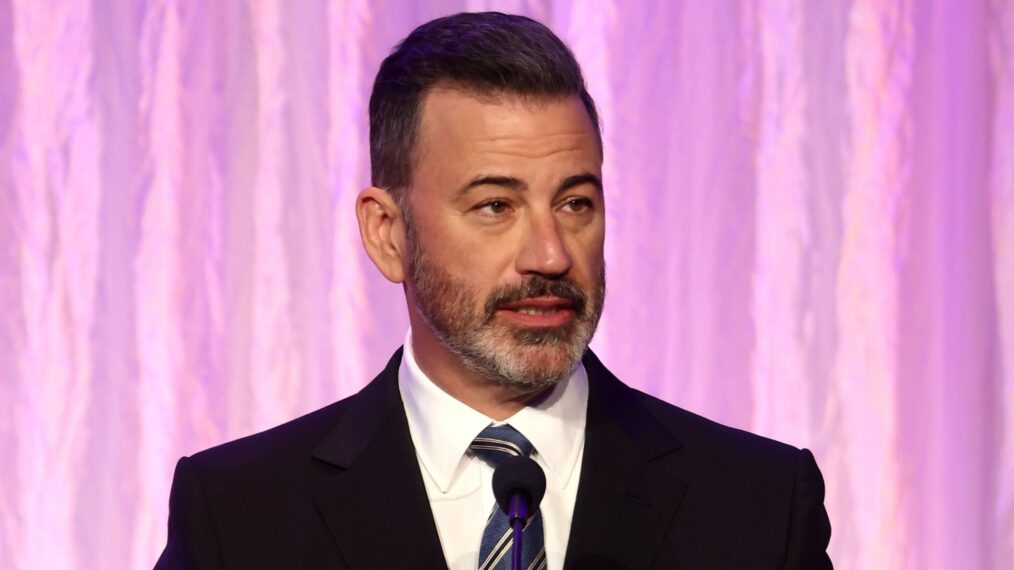
Yet, amid the fury and the fan campaigns (#FreeKimmel trending like wildfire), one thread weaves through the chaos like a hidden punchline: Jimmy knew. Not in some clairvoyant, crystal-ball sense – though in the funhouse mirror of showbiz, who could blame you for wondering – but in the bone-deep weariness of a host who’s stared down network execs, personal tragedies, and the endless churn of relevance. This wasn’t a bolt from the blue; it was the crescendo of a symphony he’d been composing for nearly a decade.
Rewind to 2017, a year that tested Kimmel’s mettle like few others. His new𝐛𝐨𝐫𝐧 son, Billy, was fighting for his life in the NICU, hooked to machines that beeped like accusatory metronomes. In a raw, tear-streaked monologue that May, Kimmel didn’t just share his family’s story; he eviscerated the American healthcare system, pleading for affordable coverage in a nation that rations miracles by zip code. The speech went supernova – Emmys, accolades, a fleeting sense of purpose beyond punchlines. But privately, in the quiet aftermath, Kimmel confessed to Variety: “I don’t know how much longer I can do this. The hours, the travel, the constant… everything. I want to be home for bath time, not bedtime stories from a green room.”
It was the first public crack in the armor, a host admitting that the glamour of late-night – the adoring crowds, the A-list Rolodex, the power to shape water-cooler chatter – came at a soul-crushing cost. Kimmel, then 49, wasn’t burned out in the clichéd sense; he was recalibrating. Fatherhood had rewritten his script, turning the spotlight from a spotlight-chaser into a man who craved the dim glow of family dinners. He walked it back, of course – “Just a passing thought,” he quipped to Extra, flashing that grin that could disarm a firing squad. But the seed was planted. And in the years that followed, it sprouted, branching into every interview, every offhand aside.

By 2023, as Hollywood strikes idled the industry and Kimmel’s contract loomed toward renewal, the whispers grew louder. In a sit-down with The Hollywood Reporter, he mused about life post-Kimmel: “Imagine me with actual hobbies. Cooking without a timer, painting without a punchline, maybe sculpting something that doesn’t look like a bad caricature of myself.” It was playful, sure, but laced with the quiet conviction of a man mapping his escape route. Friends in the biz – those who’ve shared green rooms and green juices – say Kimmel had been “pre-grieving” the gig for months. “Jimmy’s not one for drama,” confides a longtime producer, speaking on condition of anonymity. “But he’d talk about it like it was already in the rearview – ‘When this is over, I’m out.’ He saw the walls closing in: the ratings wars with streaming giants, the advertiser skittishness around anything edgier than emoji reactions, the cultural tightrope where one wrong word could topple the whole tent.”
And oh, how the tent has toppled. The Charlie Kirk controversy wasn’t Kimmel’s first brush with fire; it was the spark that finally ignited the powder keg he’d been eyeing warily. Kirk’s death, on September 10, hit like a cultural landmine. The activist, whose campus crusades against “critical race theory” and “gender ideology” had made him a MAGA darling, was felled by a lone gunman whose manifesto – if you can call a rambling blog post that – railed against “hypocrites in power” without naming names or parties. The suspect’s inactive voter status and estranged ties to a transgender partner only muddied the narrative, but that didn’t stop the spin machine from whirring. Trump himself, from the gilded perch of Mar-a-Lago, tweeted (or Truth-ed, in his vernacular) that Kirk was “a patriot silenced by the radical left,” urging followers to “honor his fight by fighting back harder.”
Kimmel’s response? Sympathy first – an Instagram post hours after the shooting: “On behalf of my family, we send love to the Kirks and to all the 𝘤𝘩𝘪𝘭𝘥ren, parents and innocents who fall victim to senseless gun violence.” But by Monday, the gloves were off. His monologue wasn’t a eulogy; it was a mirror, reflecting the grotesque gymnastics of grief in Trump-era America. Conservatives howled foul, accusing him of “mocking a martyr.” FCC Chair Carr, ever the vigilant guardian of airwaves, pounced: “This appears to be an action by Jimmy Kimmel to play into the narrative that this was somehow a MAGA-motivated person.” Affiliates, smelling blood (or more likely, lost ad dollars), bolted for the exits. ABC, caught in the crossfire of corporate calculus and political payback, hit the 𝓀𝒾𝓁𝓁 switch.
In the days since, the suspension has morphed into a referendum on comedy’s fragile freedoms. Protests bloomed outside Disney HQ in Burbank, with signs reading “Laughter Isn’t a License to Revoke” and “Kimmel: Canceled by Cowards.” Late-night peers rallied: Seth Meyers dedicated a segment to “the host who taught us to laugh at the abyss”; even Fallon, the eternal optimist, cracked a teary joke about “Jimmy’s retirement party being crashed by the feds.” Unions like SAG-AFTRA issued statements decrying the move as “a chilling precedent,” while advertisers – those fickle bedfellows – quietly shifted budgets to safer shores like TikTok skits.
But peel back the headlines, and Kimmel’s prescience shines through like a well-timed callback. April 2025, Rolling Stone interview: “Talking retirement upsets my team – makes ’em think about job hunts. But honestly? I’ve given it all. When I walk away, it’ll be because I chose the door, not because it slammed on me.” He spoke of legacy then – not Emmys (he’s got 21) or viral moments (the healthcare plea alone has 50 million views), but the quiet victories: mentoring young writers, amplifying underdogs, proving that a comedian could be a conscience. “I’ve roasted Trump more times than I’ve had bad hair days,” he joked. “And look where that’s gotten us.”
Indeed. The irony is thicker than L.A. smog: Kimmel, the guy who’d been auditioning for his own exit, handed the perfect alibi on a silver platter. Insiders whisper that negotiations were already underway for a soft landing – perhaps a pivot to podcasts, or that long-dreamed cooking show where he butchers recipes instead of egos. “Jimmy’s not shocked,” says the producer. “He’s relieved. This forces the hand he was too polite to play.”
As the sun dips over the Hollywood Hills, casting long shadows on the El Capitan marquee – now dark, a ghost sign for a ghost show – one can’t help but wonder if Kimmel’s peering out from some undisclosed beachside retreat, script in hand. Has he penned the next chapter? A memoir titled Mean Tweets and Exit Strategies? Or is he simply exhaling, finally free from the 11:35 p.m. tyranny?
In a town built on reinvention, Kimmel’s “end” feels less like a period and more like an ellipsis. The man who saw his own cancellation coming – through the haze of family pulls, creative fatigue, and cultural crosswinds – steps offstage not as a casualty, but as the architect of his encore. Late night may never be the same, but Jimmy Kimmel? He’s just getting started on the rest of the joke.
Elena Vasquez is a veteran entertainment journalist whose work has appeared in Vanity Fair and The Atlantic. She once survived a Kimmel monologue roast and lived to tell the tale – barely.


